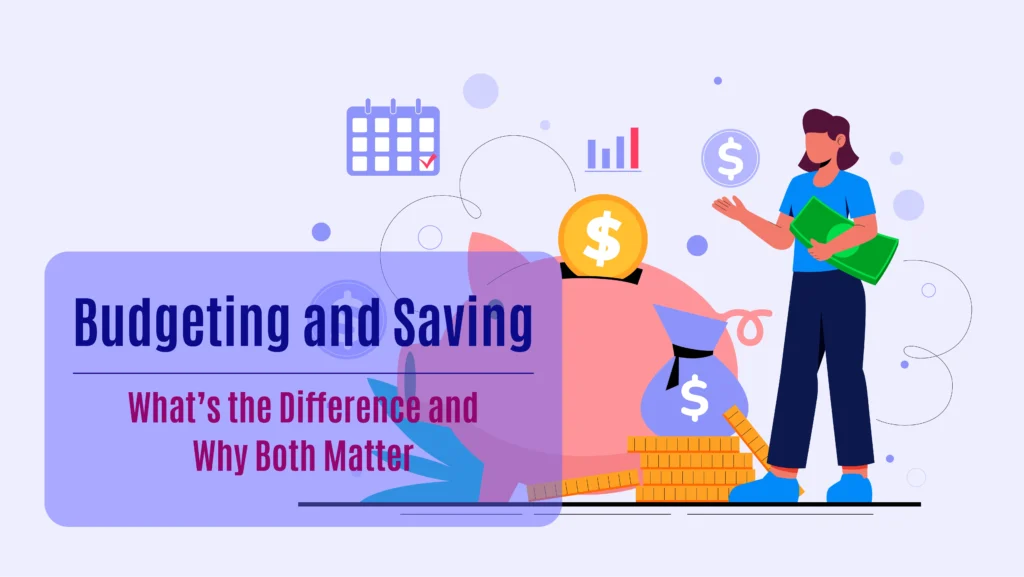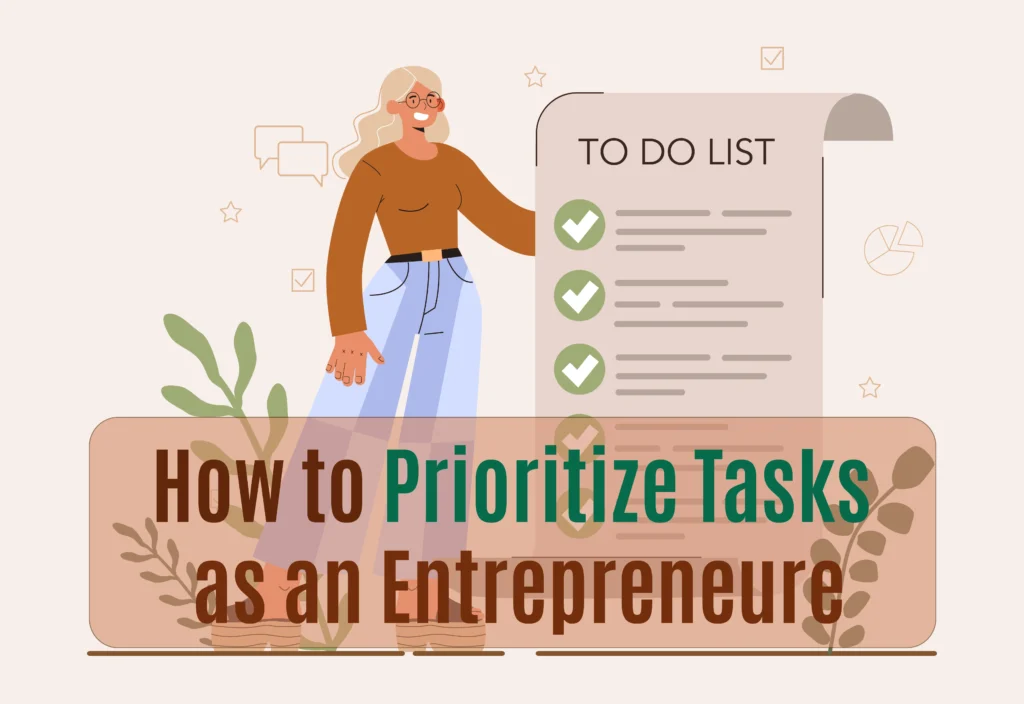15 Best Scalable Business Ideas You Should Try
In today’s fast-paced entrepreneurial world, starting a scalable business is the key to sustainable success. Scalability means that your business can grow its revenue exponentially without an equivalent rise in costs. This makes it possible to reach more customers, increase profitability, and manage operations efficiently as you expand.
Building a scalable business doesn’t just happen by luck—it requires choosing the right business model that supports growth without bottlenecks. In this article, we’ll explore 15 of the best scalable business ideas, spanning various industries, and explain why they’re perfect for entrepreneurs looking to grow big without excessive operational strain.

What Makes a Business Scalable?
Before diving into the business ideas, it’s important to understand what makes a business scalable. A scalable business has the potential to grow its revenue quickly while minimizing increases in operational costs. It leverages technology, automation, and smart business processes to handle large volumes without requiring proportional increases in staff, infrastructure, or resources.
Characteristics of Scalable Businesses
High Revenue Potential with Low Marginal Costs
A key factor in scalability is the ability to grow revenue without significantly increasing operational costs. For example, in software companies, once the product is developed, it can be sold to thousands of customers without substantial additional costs. This stands in contrast to businesses where revenue growth requires significant increases in labor or raw materials.
Leveraging Technology for Growth
Scalable businesses tend to leverage technology to automate processes, reach more customers, and improve operational efficiency. Whether it’s using cloud services, automation tools, or outsourcing non-core tasks, technology plays a vital role in keeping operations lean while expanding customer reach.
15 Best Scalable Business Ideas
Below are 15 of the best business ideas that offer scalability, allowing you to grow quickly without overwhelming costs.
1. Software as a Service (SaaS)
SaaS businesses are one of the most scalable business models today. In a SaaS model, software is hosted on the cloud and offered to customers on a subscription basis. Think of platforms like Dropbox, Slack, or Zoom, which provide services to millions of users without needing a proportional increase in staff.
Subscription-Based Models
One of the primary advantages of a SaaS business is recurring revenue. With a subscription-based model, you can ensure a steady income stream month after month while expanding your customer base globally with minimal incremental costs.
2. E-commerce Store
With the continued growth of online shopping, starting an e-commerce store offers immense scalability, especially when leveraging dropshipping or third-party fulfillment services like Amazon FBA.
Using Dropshipping or Fulfillment Services
In a dropshipping model, you don’t hold any inventory. Instead, when a customer places an order, the product is shipped directly from the supplier. This eliminates inventory costs and allows you to scale your product offerings without warehouse expenses. Similarly, third-party fulfillment services handle packaging and shipping, allowing you to focus on growing your store.
3. Digital Products
Digital products like e-books, online courses, and templates are incredibly scalable because they have no physical inventory. Once created, digital products can be sold an unlimited number of times without any additional production costs.
Selling E-books, Online Courses, or Templates
Whether you’re a writer, designer, or subject matter expert, creating and selling digital products gives you the ability to scale globally. For example, an online course can serve 10 or 10,000 students with virtually the same effort, making it one of the most scalable business models available.
4. Online Membership Platforms
Membership platforms are another fantastic example of scalable businesses. These platforms provide users with exclusive content, tools, or resources for a recurring monthly or annual fee. Patreon and Mighty Networks are great examples of businesses that offer exclusive access to communities, content, and more.
Recurring Revenue and Community Building
By creating a membership platform around a niche interest—whether it’s professional advice, fitness, or hobbies—you can build a strong community and generate consistent income. Memberships encourage recurring revenue, and as the community grows, your platform becomes more valuable without a significant rise in operational costs.
5. Affiliate Marketing
If you enjoy content creation or have a knack for digital marketing, affiliate marketing could be a perfect scalable business for you. Affiliate marketers promote other companies’ products through content like blogs, social media, or niche websites, earning a commission for every sale generated through their links.
Building Niche Sites or Social Media Channels
Affiliate marketing scales well because once you create content or a website, it continues to generate passive income as long as it attracts traffic. For instance, niche websites that target specific product categories can drive organic traffic through SEO, resulting in commissions without ongoing operational effort.
6. Content Creation and Influencer Marketing
With the rise of social media platforms like YouTube, Instagram, and TikTok, becoming a content creator or influencer can be highly scalable. Influencers generate income through brand partnerships, ads, and sponsorships.
Leveraging YouTube, Instagram, or TikTok
Content creation scales because one video or post can reach millions of people globally with no additional cost. Whether it’s ad revenue, affiliate marketing, or sponsorship deals, once you build a following, you can leverage that audience for income in a scalable way. The upfront time investment is significant, but the payoff can be exponential once you gain traction.
7. Mobile App Development
Mobile apps continue to be one of the most profitable and scalable business models. Developing a mobile app allows you to reach millions of users via app stores like Apple’s App Store or Google Play, and the incremental cost of adding more users is very low.
Freemium and Ad-Supported Revenue Models
The freemium model is common in mobile apps. Basic functionality is offered for free, with users paying for premium features. Ad-supported apps also scale well, allowing you to monetize a growing user base through advertising without significantly increasing costs.
8. Freelance Platforms or Marketplaces
Building a marketplace platform that connects service providers with customers is a scalable business model because your role is to facilitate the exchange without being directly involved in the service delivery. Platforms like Fiverr and Upwork are great examples of this.
Connecting Freelancers and Clients
These platforms scale easily by adding more freelancers and clients to the platform. Your role is primarily to manage the technology and infrastructure, while the actual service is delivered by freelancers, making it highly scalable.
9. Subscription Box Services
Subscription boxes are a rapidly growing industry, offering curated product experiences around specific interests like beauty, fitness, or snacks. Examples include Birchbox and Dollar Shave Club.
Curating Products for Niche Markets
Subscription box services scale through the recurring revenue model. As you acquire more customers, the model allows for bulk purchasing, reducing per-unit costs while increasing profitability. You can expand into different niches without drastically increasing overhead.
10. Digital Marketing Agency
Digital marketing services are in high demand, and a digital marketing agency can scale through a combination of outsourcing, automation, and efficient workflows.
Automating and Outsourcing Services
Marketing agencies that leverage tools like HubSpot, Hootsuite, or Google Analytics can scale by automating routine tasks such as social media scheduling, email marketing, and analytics reporting. Outsourcing tasks like content creation or graphic design also allows agencies to take on more clients without increasing internal workload proportionally.
11. Online Coaching or Consulting
Coaching and consulting services are more scalable than ever thanks to digital tools that allow you to serve more clients remotely. Whether you’re a business coach, life coach, or specialized consultant, the opportunities are vast.
Using Digital Tools to Serve More Clients
Online platforms such as Zoom, Calendly, and Kajabi make it easy to conduct coaching sessions, manage client bookings, and deliver digital resources, allowing you to grow your client base without adding overhead. Additionally, group coaching programs or pre-recorded video courses can serve multiple clients simultaneously.
12. Virtual Events and Webinars
With in-person events becoming more difficult or expensive to scale, virtual events and webinars have emerged as excellent scalable business models. Virtual platforms allow businesses to host events for large audiences without the overhead costs of physical venues.
Hosting Large-Scale Online Events with Low Overhead
Platforms like Zoom, Hopin, and Webex make it easy to host webinars or virtual conferences for hundreds, even thousands, of attendees. By recording the events, you can also generate passive income through replays, offering ongoing value with minimal additional effort.
13. Print-on-Demand Business
If you have creative skills or an eye for design, a print-on-demand business could be an excellent scalable idea. Print-on-demand allows you to sell custom-designed products like T-shirts, mugs, or posters without holding any inventory.
Selling Custom Products Without Inventory
With platforms like Printful or Teespring, your designs are printed only when an order is placed, eliminating inventory costs and making it easy to scale. The key to success here is creating designs that resonate with a specific niche market, then leveraging digital marketing to drive sales.
14. Niche Subscription Content (Newsletters or Podcasts)
Paid newsletters and podcasts are gaining traction as content creators realize they can monetize their loyal audiences directly. Platforms like Substack and Patreon enable creators to charge for exclusive content.
Monetizing Through Paid Subscriptions
This model is highly scalable because the cost of producing content like newsletters or podcasts is low, while subscriber numbers can grow indefinitely. As your audience grows, the potential for recurring income through subscriptions or sponsorships increases significantly.
15. Online Education Platforms
Online education is one of the fastest-growing sectors, and platforms like Udemy, Teachable, and Coursera have shown how scalable this model can be. Creating an online course or training program allows you to teach once and sell repeatedly.
Building Scalable Courses and Learning Modules
Once a course is created, you can sell it an unlimited number of times to students all over the world without having to conduct live training. Courses that cater to high-demand skills like digital marketing, coding, or business development are particularly scalable, allowing instructors to reach a wide audience.
≫ Related Post: How to Build a Scalable Business Model for Your Startup
How to Choose the Right Scalable Business Idea for You
Now that you have a list of scalable business ideas, how do you choose the one that’s right for you? Here are some tips for picking the perfect scalable business that aligns with your goals and resources.
Assessing Your Skills and Resources
It’s important to select a business idea that matches your skills and interests. Consider what you’re passionate about and what skills you bring to the table. For example, if you have experience in design, a print-on-demand business may be a good fit. If you’re a great communicator, coaching or content creation could be a better match.
Matching Business Ideas with Your Expertise
Look for a business that allows you to leverage your existing strengths. Scaling a business becomes much easier when you’re working in a field where you already have knowledge or expertise.
Evaluating Market Demand and Competition
Even if an idea seems scalable, it’s essential to evaluate the demand for it in the market. Research your target market and assess the level of competition. Look for gaps or underserved niches that you can exploit to make your business stand out.
Identifying Gaps and Opportunities
For example, if you’re entering the e-commerce space, look for niche products that aren’t widely available but have high demand. Similarly, in the SaaS industry, try to find software solutions that solve specific pain points that competitors have overlooked.
Conclusion
Building a scalable business is one of the most effective ways to achieve sustainable growth and long-term success. By choosing the right business model and leveraging technology, automation, and outsourcing, you can create a company that grows without being weighed down by increasing operational costs.
Whether you choose to build a SaaS platform, create digital products, or launch an e-commerce store, the 15 scalable business ideas we’ve explored in this article offer incredible potential for growth. Take the time to assess your skills, evaluate market demand, and find the scalable business idea that aligns with your vision.
















